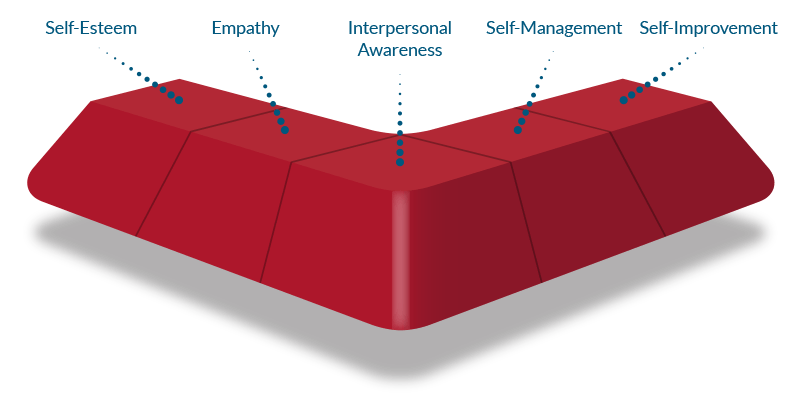
A 2011 study, The State of the Industry Report (Green & McGill, 2011), conducted by the Association for Talent Development (ATD), formerly known as the American Society for Training and Development (ASTD), states that U.S. employers spent $171.5 billion on employee learning and development in 2010, and 27.6 % of those training dollars went to soft skills training. On the surface, the number of training dollars targeted for soft skills training is impressive. A closer look on where the training was directed reveals a different story.
Most soft skills training today is focused on mid- to upper-level management and is primarily deals with leadership development. While it is agreed that this is a very important aspect, this soft skills training misses the majority of those who need it the most.
What about the rest of the workforce?

What about the average entry-level worker who is the backbone of most companies? What about the front line worker, the person all of us meet every time we go to the supermarket, gas station or city hall? These workers in both the private and public sector are the first contact of any business or government agency. They are the ones who meet you at the checkout counter or emergency room. We all have had excellent experiences with these front line workers who made eye contact, met us with a smile, and called us by name. These positive encounters set up a desire to repeat that positive experience as soon as possible. We also have had the opposite experience, the meeting that did not go so well. These negative experiences told us to stay away and avoid another unpleasant outcome.
The difference between these two experiences could be the result of an employee having a bad day. This is understandable, but more importantly, it is the result of how individuals have learned to deal with their feelings and emotions while experiencing that bad day. Training in learning how to control one’s thoughts and emotions is at the core of any solid soft skills training program. This type of training is known as emotional intelligence training, and it is the core or building block for soft skills training.
Take, for example, attitude—the most fundamental soft skill of them all. Before training in developing a positive attitude, one must possess the following emotional intelligence skills:
- Self-Esteem
- Interpersonal Awareness
- Empathy
- Self-Management
- Self-Improvement

Once these core emotional intelligence skills are present, then training in developing a positive attitude is more effective. And these skills can be taught and learned.
Since the success of any organization can be so dramatically impacted by having employees who possess these skills, it is about time to admit that soft skills training is needed for all workers, not just for a few.
nice article
merci pour cet article très intéressant